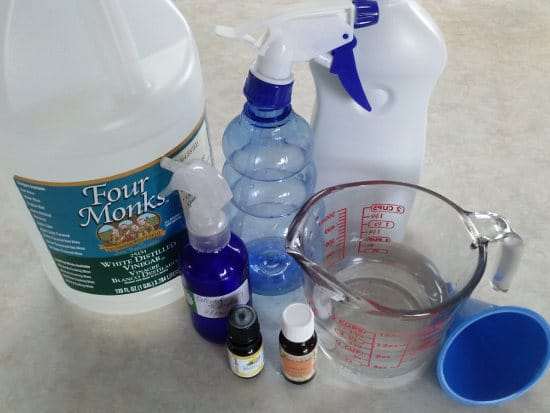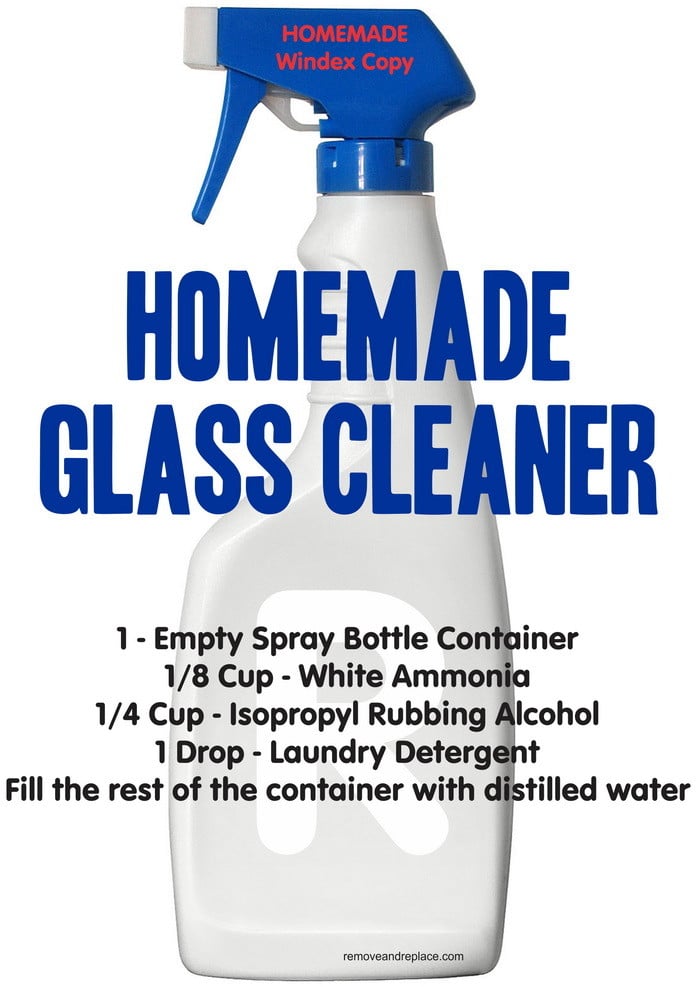Make Your Own Ammonia and Vinegar Window Cleaner Recipe
If you want to use a safe, non-toxic window cleaner, you can make your own ammonia and vinegar window cleaner recipe. Ammonia is an alkali, which means that it is the opposite of chlorine bleach, which can discolor some types of windows. Vinegar, on the other hand, has the added advantage of being streak-free.
Lemon Juice Polishes the Glass Surface
Lemon juice is a natural antiseptic that can be used on glass, plastic, and ceramic surfaces. It is not suitable for porous surfaces such as wood. To make a homemade window cleaner, simply combine lemon juice with water in a spray bottle. Spray the solution on the glass surface and wipe it dry with a microfiber cloth.
Another common natural cleaner for windows is white vinegar. You can also substitute white vinegar with lemon juice. You can also add some fragrant essential oils if you like. White vinegar contains an acidic component that helps remove stuck-on debris and streaks from glass surfaces.

Vinegar is Streak-Free
Vinegar is a great choice when it comes to cleaning windows because it’s safe for people with sensitive skin and plants. This natural ingredient can remove mineral deposits and hard water stains from glass windows. It can also be used on patio doors and glass shower enclosures. Since vinegar doesn’t dry out like other solutions, it can be applied to a wide variety of surfaces. To use it, simply pour a small amount of it in a spray bottle and shake it well. After spraying it on your windows, wipe it with a microfiber cloth.
Another great way to use vinegar as a window cleaner is by using lemon juice. Its acidity will break down dirt and grime just as well as white vinegar. Lemon juice contains citric acid, which is stronger than acetic acid, which is the main ingredient in vinegar. You can also use apple cider vinegar instead, but beware of the pectin content, which can cause streaks to form on glass.
Ammonia is an Alkali
Ammonia is an alkaline element that neutralizes acids and creates hydroxide ions in water. There are several methods to identify ammonia in a solution. Its molecular formula is NH3. Its ionic composition is NH4+.
Ammonia is a soluble gas that reacts with water to produce hydroxide and ammonium ions. These ions have many biological and industrial uses. Alkalies such as ammonium hydroxide and lithium carbonate are used for a variety of medical conditions. In soil, pH 7.4 and above is considered to be alkaline.
Vinegar Cancels Out Chlorine Bleach
Using vinegar to clean windows with ammonia and bleach is safe, but there are some precautions you should take before using the combination. For starters, be aware of the hazards of chlorine gas, which can cause shortness of breath, choking, and burning in your throat. It can also lead to lung damage, and if you breathe it in deeply, you may develop a serious respiratory problem.
Vinegar and ammonia are strong and corrosive, but they are safe to use if used separately. Mixing the two can create peracetic acid, which is corrosive and irritant to skin. If mixing the two, make sure to store the mixture in a safe place, out of reach of children and pets. Using vinegar to clean windows will save you money and help you clean your windows without exposing yourself to hazardous chemicals.
Safety Considerations
While ammonia is an inexpensive, effective window cleaner, it’s also a caustic chemical that needs to be handled with care. You should always use a safe concentration of between 5 and 10 percent ammonia in water, and use a lint-free cloth to clean windows. Most commercial glass cleaners contain a small amount of ammonia to help remove dirt and fingerprints. You can also create your own ammonia window cleaner solution at home by mixing five to 10 percent of the chemical with water.

The fumes from ammonia-based glass cleaners are dangerous to the skin and respiratory system, and they can ruin tinted car windows or other glass-like surfaces. Moreover, ammonia can cause streaking. You should always check the label of the cleaner before using it on a window.
Ingredients
An ammonia window cleaner contains an ammonia solution that breaks down greasy, vegetable and animal fats. It does this by removing the proton from stearic acid. This process turns the hydrogen atoms into a negative charge, making them water-soluble and easy to clean. Ammonia window cleaner is relatively inexpensive to produce and does not harm the ozone layer. However, it is not without risks.
Ammonia is a mild disinfectant and degreaser. However, ammonia is a strong irritant to mucous membranes and can cause respiratory problems. It is also toxic when ingested in large quantities. For this reason, it is best to avoid contact with ammonia near the face. It is also important to know that the chemicals used in home cleaning products should be used with caution because they can cause kidney damage and liver damage. If you are sensitive to ammonia, it is recommended that you avoid window cleaners containing it.
https://www.google.com/maps?cid=7250231496433949665





